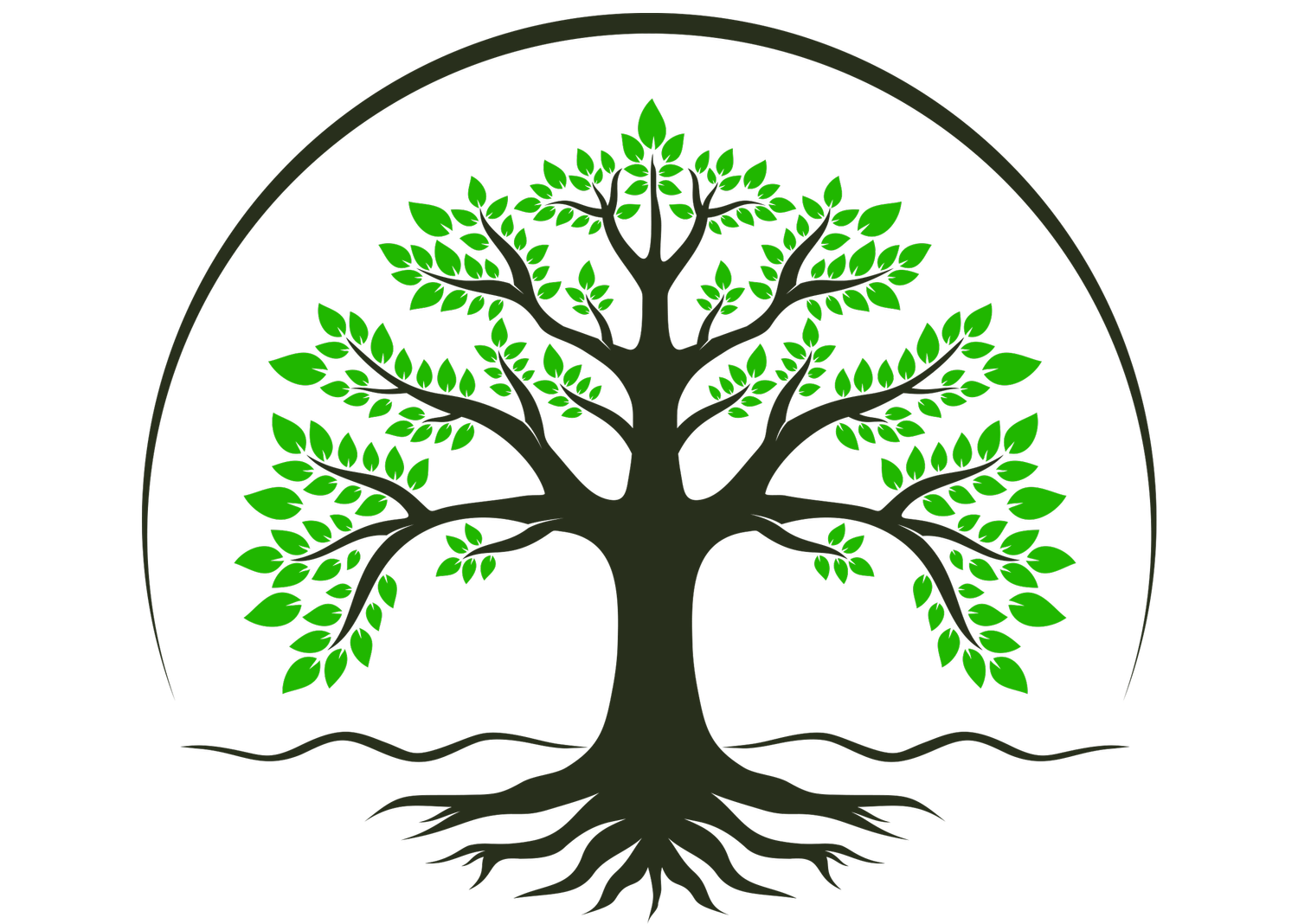Soil First: Understanding Your Foundation Before Landscaping
When planning any landscaping project, most homeowners get excited about choosing plants, designing patios, or selecting the perfect garden furniture. But here's the truth that experienced landscape gardeners know: your soil is the foundation that determines whether your beautiful vision thrives or fails within the first year.
Think of soil as the engine of your garden. You wouldn't buy a car without checking under the hood, yet many people invest thousands in landscaping without understanding what lies beneath the surface. This oversight leads to disappointing results, costly plant replacements, and frustrated homeowners wondering why their neighbour's garden flourishes while theirs struggles.
Why Soil Analysis Comes First
Your soil tells a story about your garden's potential and limitations. It reveals drainage patterns, nutrient availability, pH levels, and structural challenges that will impact every design decision you make. Understanding these factors upfront allows you to work with your soil's natural characteristics rather than fighting against them.
Our Falmouth landscape gardeners always begin with soil assessment because it influences everything from plant selection to hardscaping placement. A stunning patio means nothing if poor drainage causes it to shift and crack. Beautiful plants chosen for their aesthetic appeal will disappoint if they're incompatible with your soil conditions.
The Hidden Elements That Matter
Soil Structure and Composition
Soil isn't just dirt – it's a complex ecosystem made up of mineral particles, organic matter, air spaces, and water. The proportion of sand, silt, and clay in your soil determines its texture, which affects drainage, root penetration, and nutrient retention.
Sandy soils drain quickly but need frequent watering and feeding. Clay soils retain moisture and nutrients well but can become waterlogged and compacted. Loamy soils offer the best of both worlds, but true loam is rare and often needs to be created through careful soil improvement.
Drainage Patterns
Poor drainage kills more plants than drought, pests, and diseases combined. Standing water suffocates roots, encourages fungal problems, and creates muddy, unusable garden areas. Conversely, soil that drains too quickly creates drought stress and nutrient deficiencies.
Understanding your soil's drainage characteristics helps determine plant placement, the need for raised beds or drainage systems, and where hardscaping elements should be positioned for long-term stability.
pH Levels and Their Impact
Soil pH affects nutrient availability more than most gardeners realise. Even nutrient-rich soil becomes useless if the pH is wrong for your chosen plants. Acid-loving plants like rhododendrons struggle in alkaline soil, while plants that prefer neutral to alkaline conditions fail in acidic environments.
Most garden plants thrive in slightly acidic to neutral soil (pH 6.0-7.0), but understanding your starting point allows for informed plant choices or targeted soil amendments.
Professional Soil Assessment vs. DIY Testing
While home testing kits provide basic information, professional soil analysis offers comprehensive insights that save money and ensure project success. Professional tests reveal organic matter content, nutrient levels, soil compaction, and contamination issues that simple pH strips miss.
This detailed information guides decisions about soil amendments, drainage solutions, and plant selection. It also identifies potential problems before they become expensive failures.
Working With Your Soil Type
Improving Clay Soils
Clay soils are notorious for poor drainage and compaction, but they hold nutrients well once properly managed. Improvement focuses on increasing drainage and adding organic matter to improve structure. Raised beds, drainage systems, and regular organic matter addition transform clay into productive garden soil.
Managing Sandy Soils
Sandy soils need frequent watering and feeding but offer excellent drainage and are easy to work. Improvement involves adding organic matter to increase water and nutrient retention while maintaining good drainage. Mulching becomes crucial for moisture conservation.
Optimizing Existing Loam
If you're fortunate enough to have naturally loamy soil, maintenance focuses on preserving its structure through regular organic matter addition and avoiding compaction.
The Foundation for Long-term Success
Soil improvement is an investment in your garden's future. While it may seem like an extra expense or delay, proper soil preparation:
Reduces plant mortality and replacement costs
Improves plant health and appearance
Decreases long-term maintenance requirements
Prevents drainage and structural problems
Increases property value through thriving landscapes
Quality landscaping services in Falmouth understand that sustainable, beautiful gardens start with healthy soil. At Green Grounds Gardening, we've seen countless projects transformed by addressing soil issues first rather than treating them as an afterthought.
Common Soil-Related Mistakes
Many landscaping projects fail because soil preparation was skipped or done inadequately. Common mistakes include:
Planting immediately after construction without soil decompaction
Adding topsoil over compacted subsoil without integration
Choosing plants based on appearance rather than soil compatibility
Ignoring drainage issues until problems become obvious
Using poor-quality soil amendments that provide no lasting benefit
Moving Forward With Confidence
Understanding your soil doesn't mean you need to become a soil scientist, but it does mean recognising its importance in your landscaping project. Professional landscape gardeners Cornwall-wide know that soil assessment and preparation form the foundation of every successful garden transformation.
Before you plant that first shrub or lay that first paver, take time to understand what lies beneath. Your future self – and your garden – will thank you for this crucial first step.
Ready to start your landscaping project on the right foundation? Contact Green Grounds Gardening for professional soil assessment and comprehensive landscaping services that ensure long-term success for your outdoor space.

